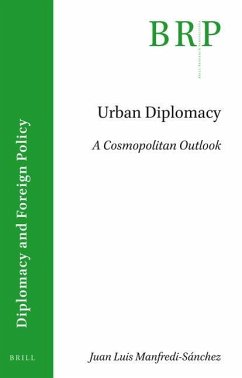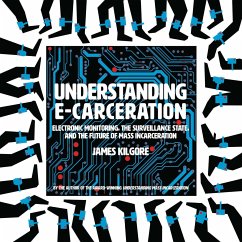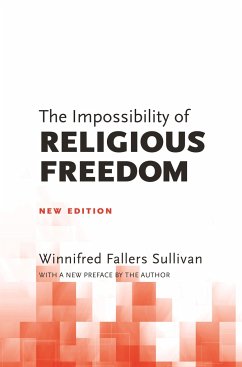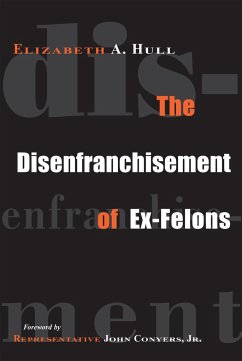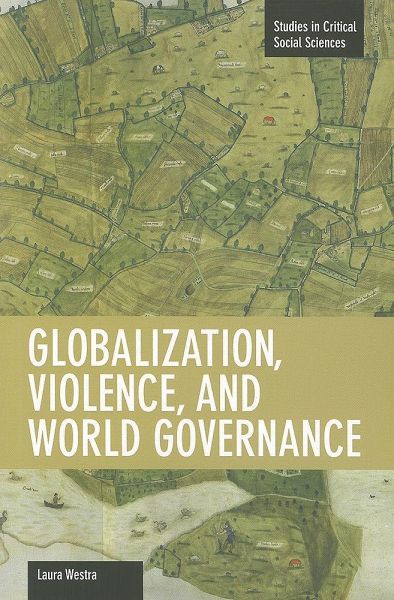
Laura Westra
Broschiertes Buch
Globalization, Violence, and World Governance
Versandkostenfrei!
Versandfertig in über 4 Wochen

PAYBACK Punkte
15 °P sammeln!




International law has failed to promote and protect the rights of society in the face of the neoliberal agenda
Laura Westra, Ph.D. (1982) in Philosophy, University of Toronto, and Ph.D. (2005) in Law, Osgoode Hall Law School, currently teaches environmental law at the University of Windsor. She has published twenty-two monographs and collections on environmental justice and human rights issues and international law, and over 80 articles and chapters.
Produktdetails
- Verlag: Haymarket Books
- Seitenzahl: 240
- Erscheinungstermin: 18. September 2012
- Englisch
- Abmessung: 226mm x 150mm x 15mm
- Gewicht: 363g
- ISBN-13: 9781608462070
- ISBN-10: 1608462072
- Artikelnr.: 34389484
Herstellerkennzeichnung
Libri GmbH
Europaallee 1
36244 Bad Hersfeld
gpsr@libri.de
Für dieses Produkt wurde noch keine Bewertung abgegeben. Wir würden uns sehr freuen, wenn du die erste Bewertung schreibst!
Eine Bewertung schreiben
Eine Bewertung schreiben
Andere Kunden interessierten sich für


